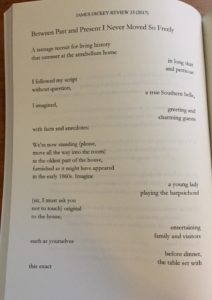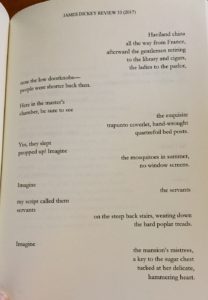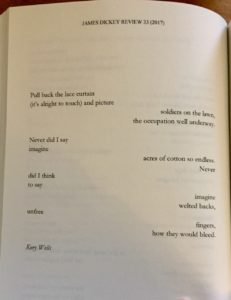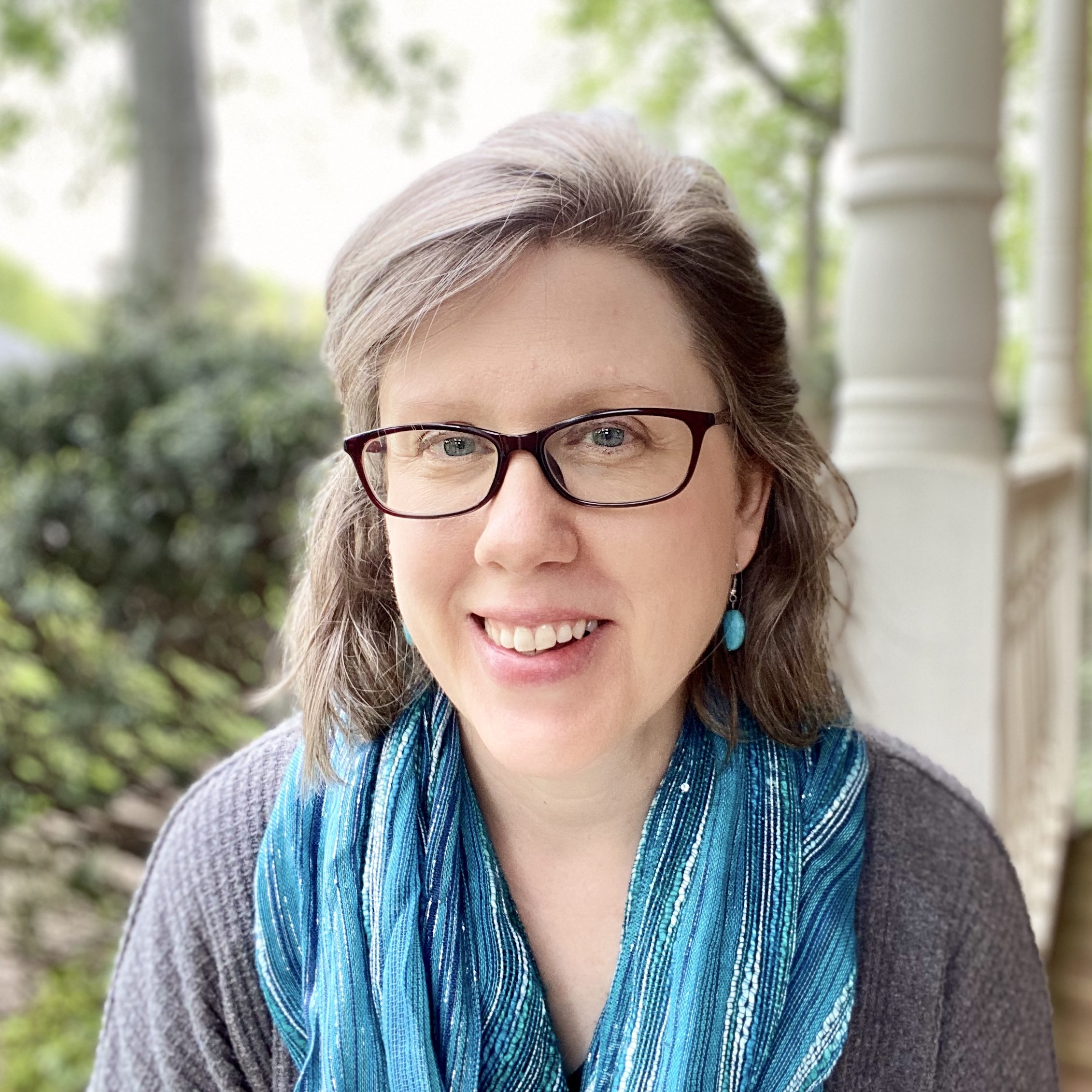As a white person, I’ve always felt a bit awkward writing about race and racism, but I’ve also been drawn to the subject. Poet Tiana Clark recently tweeted an excerpt from the essay Forging New Centers: Marginal Voices in Contemporary Poetry by Jodie Kahan. Here’s what Tiana shared, quoting Kaveh Akbar:
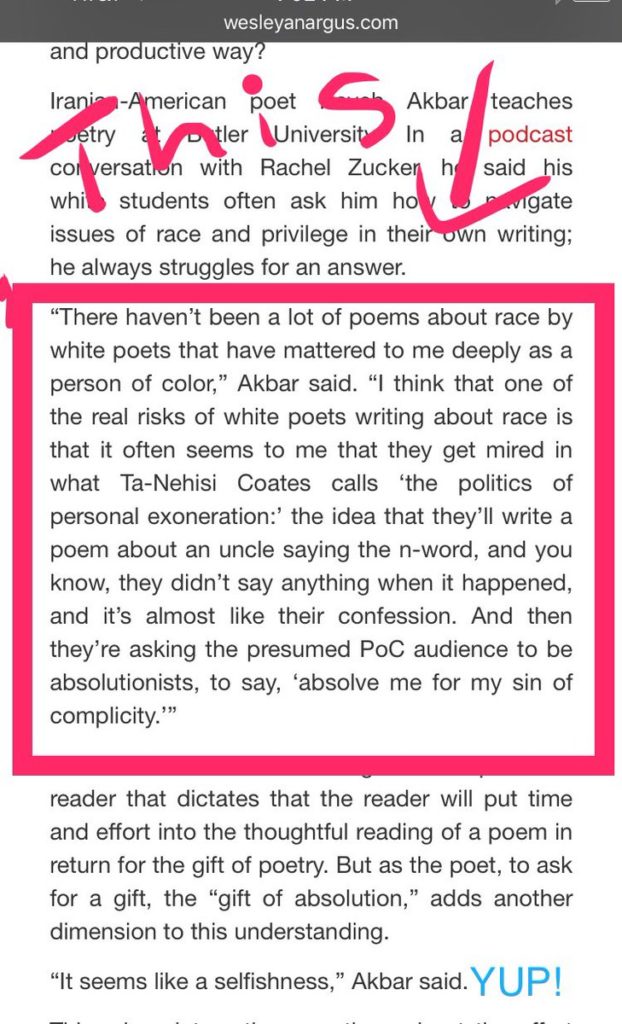
After reading the full essay and thinking about my own work, I had this exchange with Tiana:
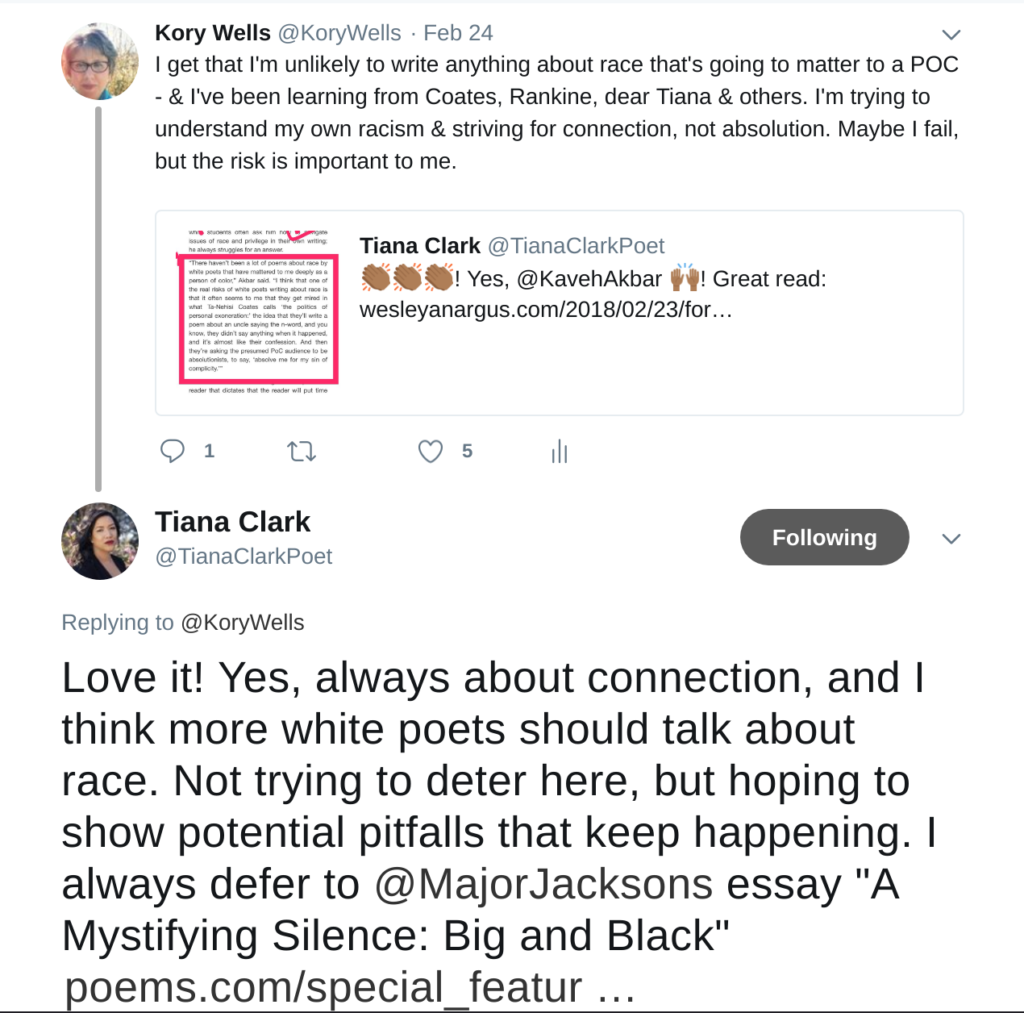
In the essay that Tiana points to, A Mystifying Silence: Big and Black, author Major Jackson questions why there’s a “dearth of poems written by white poets that address racial issues.” After exploring several plausible reasons and analyzing work from several well-known poets, Jackson ultimately concludes:
It bears repeating again: for us to actualize as a country whose ideals and documents profess the value of a diverse ethnic and racial populace, we must begin to pen a body of poems that go beyond our fears and surface projections of each other to a fuller account of the challenges and reaches of an ever-evolving democracy.
For me, this is a charge to keep writing about race in pursuit of that “fuller account.” I’m not sure if my poems on race go so far as to ask for absolution as Akbar says is frequent – that’s not my intent – but some of my early poems definitely treat race as an “encounter,” as Jackson says is common. My writing about race is evolving, though, especially as I develop closer friendships with people of color. If you’re writing about race, or providing feedback to other writers who are writing about race, this essay is a must-read.
I’m sharing the above as an introduction to my poem “Between Past and Present I Never Moved So Freely,” which has been recently published in the James Dickey Review.
James Dickey may be remembered most often as the author of Deliverance, but he is one of my favorite mid 20th century poets, so I’m honored to have a poem in the latest issue of the journal that celebrates his memory.
Some of you have heard me read this poem at Poetry in the Boro. It’s informed by my experience as a volunteer docent in a house museum when I was a teen. I hope that the interpretation of slave history has changed in Civil War era house museums since my experience in the 80s, but I suspect there’s still work to be done at some sites.
The poem probably isn’t revealing anything that any American reader doesn’t already know or suspect, but it’s a witness to one part of my personal journey to understanding uncomfortable truths about racism and the mythology of the South. And so it’s one tiny piece of the fuller account – an account I intend to keep exploring.
If inclusive museums interest you, check out The Incluseum and also the blog / Twitter account visitorsofcolor.
